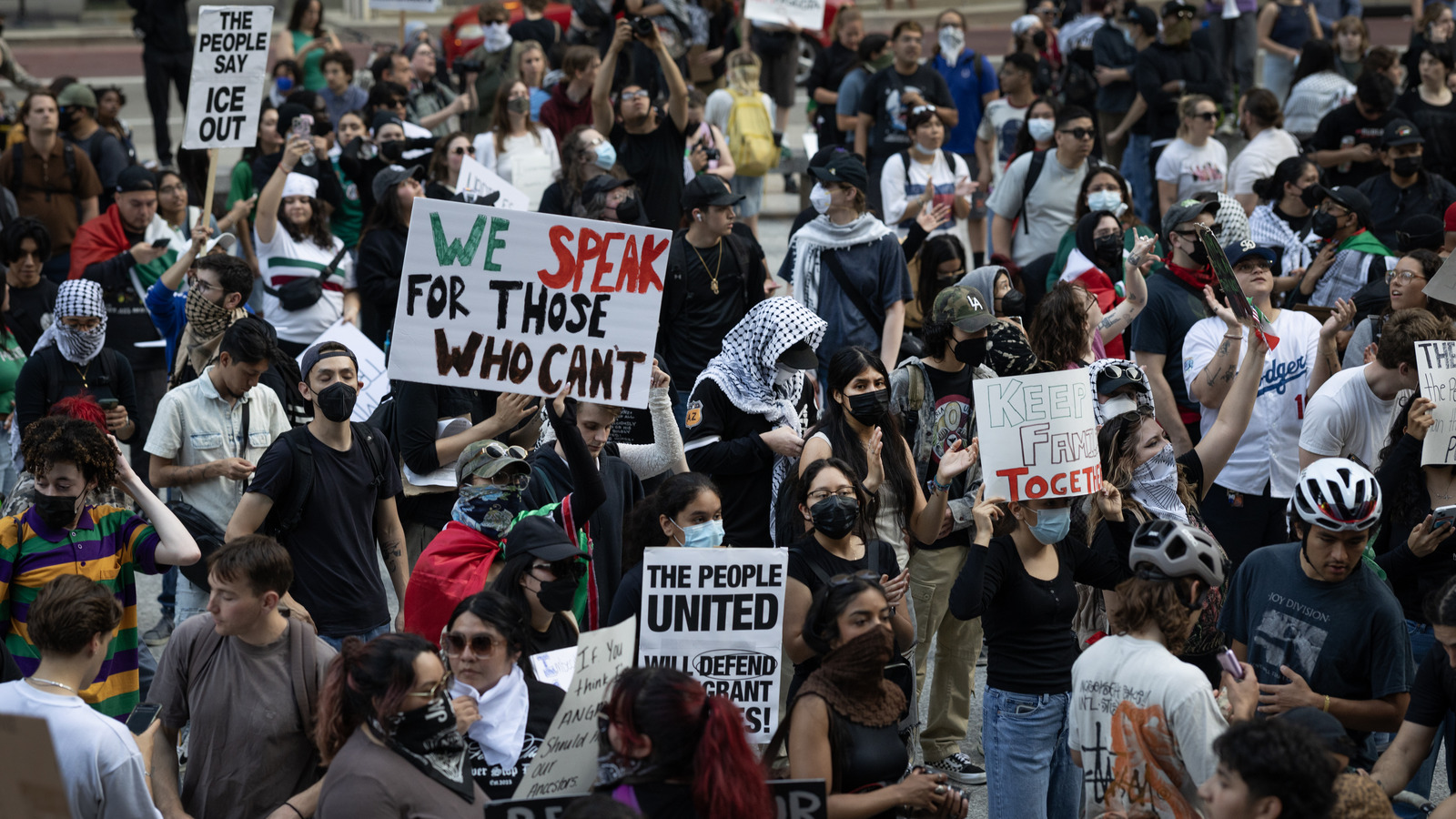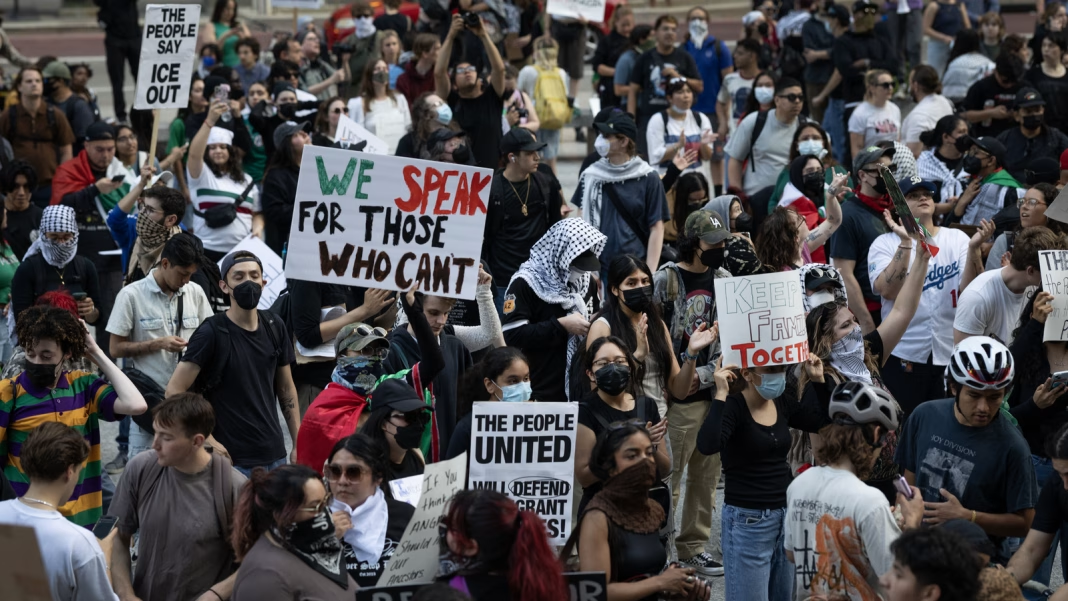Driving your car into a crowd—regardless of the circumstances or your personal beliefs—is simply unacceptable. It’s a stark reminder of the responsibility that comes with being behind the wheel. Cars are designed for transportation, not as weapons for expressing anger or frustration.
Why is this such a critical issue? For starters, the consequences can be devastating. Not only can it lead to severe injuries or fatalities, but it also escalates tensions and can spark further violence. In recent years, we’ve seen tragic incidents where vehicles have been used inappropriately during protests, leading to chaos and heartbreak. The emotional toll on victims, their families, and even the broader community is immeasurable.
Understanding the Impact of Vehicle Violence
When a driver chooses to use their vehicle as a weapon, it sends a message that violence is an acceptable response to dissent. This mindset can create a dangerous precedent. Protests, regardless of their nature, are often rooted in deep-seated issues that deserve attention and dialogue. Responding with aggression only serves to drown out the voices calling for change.
Consider the protests that have taken place over the last few years, addressing everything from social justice to climate change. These movements often represent the voices of marginalized communities seeking to be heard. When someone resorts to violence, it not only undermines their own cause but also silences others who are advocating for peaceful change.
The Role of Empathy in Driving
Empathy plays a crucial role in how we navigate our world, especially when it comes to driving. It’s essential to remember that every person in that crowd is a human being with their own story, struggles, and perspectives. Instead of viewing protests as a nuisance or a threat, consider them an opportunity for dialogue. What are these individuals trying to communicate? How can we engage in constructive conversations rather than resorting to hostility?
Promoting Safe and Respectful Road Behavior
So, how can we foster a culture of respect and safety on the roads? It starts with education and awareness. Drivers need to understand the weight of their actions. Campaigns that highlight the importance of responsible driving and the consequences of reckless behavior can make a difference.
Additionally, communities can benefit from open forums where individuals can express their concerns and frustrations in a safe environment. This approach not only promotes understanding but also helps to de-escalate potential conflicts before they turn violent.
The big takeaway? Driving isn’t just about getting from point A to point B; it’s about sharing the road with others and respecting their right to express themselves. The next time you find yourself frustrated by a protest or a demonstration, take a moment to reflect. Instead of reacting with aggression, consider how you can contribute to a more peaceful dialogue. Start with one change this week, and you’ll likely spot the difference by month’s end.


